
EGFR+ NSCLC
Advertisement
The approval is for adults who have experienced disease progression on or after platinum-based chemotherapy.
The study investigated HER3-DXd in patients with advanced EGFRm NSCLC after progression during treatment with an EGFR TKI.
The approval is for adults who have received prior EGFR-directed therapy and platinum-based chemotherapy.
Dr. Califano discusses what the study showed about baseline mechanisms of resistance to osimertinib and associated outcomes.
Local therapy is recommended by NCCN guidelines, but how it is used in oligoprogressive disease is not well described.
Helena Yu, MD, discusses research updates from REZILIENT1 that were presented at ASCO 2025.
The study compared treatment with neoadjuvant osimertinib with or without chemotherapy versus chemotherapy alone.
Jennifer Carlisle, MD, discusses amivantamab, and the multidimensional impact of toxicity management at ASCO 2025.
Dr. Spira shares key data from cohort C of CHRYSALIS-2 that was presented at the European Lung Cancer Congress 2025.
Dr. Liu discusses key data and updates in EGFR-positive NSCLC from the European Lung Cancer Congress.
Nicolas Girard, MD, PhD, discusses data on subcutaneous amivantamab in patients with advanced NSCLC.
Suresh S. Ramalingam, MD, FACP, FASCO, presented the data during a proffered paper session at ELCC 2025.
The study is evaluating regimens to prevent dermatologic adverse events in patients receiving amivantamab plus lazertinib.
Myung-Ju Ahn, MD, PhD, presented data from the study during the first proffered paper session of ELCC 2025.
Xiuning Le, MD, PhD, presented results from the ORCHARD trial at ELCC 2025.
Amivantamab plus lazertinib showed a statistically significant improvement in OS compared with osimertinib.
Final overall survival data from the phase 3 study demonstrated significant benefits for patients with EGFR-mutated aNSCLC.
The study is evaluating a prophylactic dermatologic regimen in patients receiving amivantamab plus lazertinib.
The CHMP positive opinion is supported by results from the phase 3 PALOMA-3 study.
Pending discussions with the FDA, officials say there are plans to submit for regulatory approval in the second half of 2025.


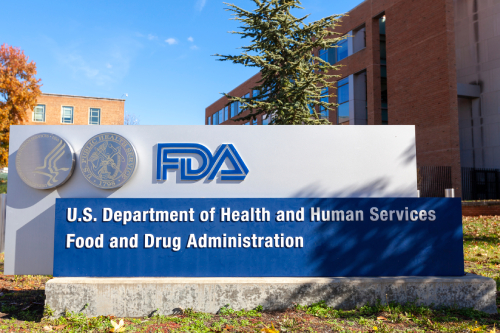
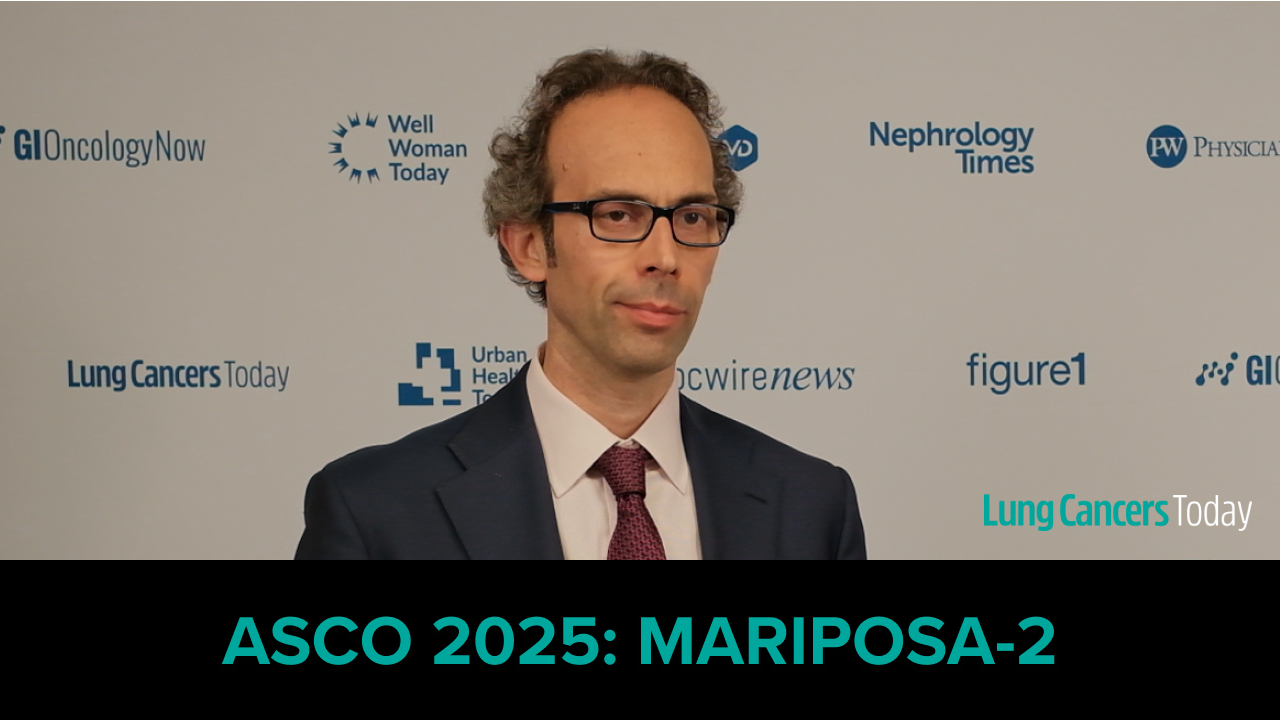




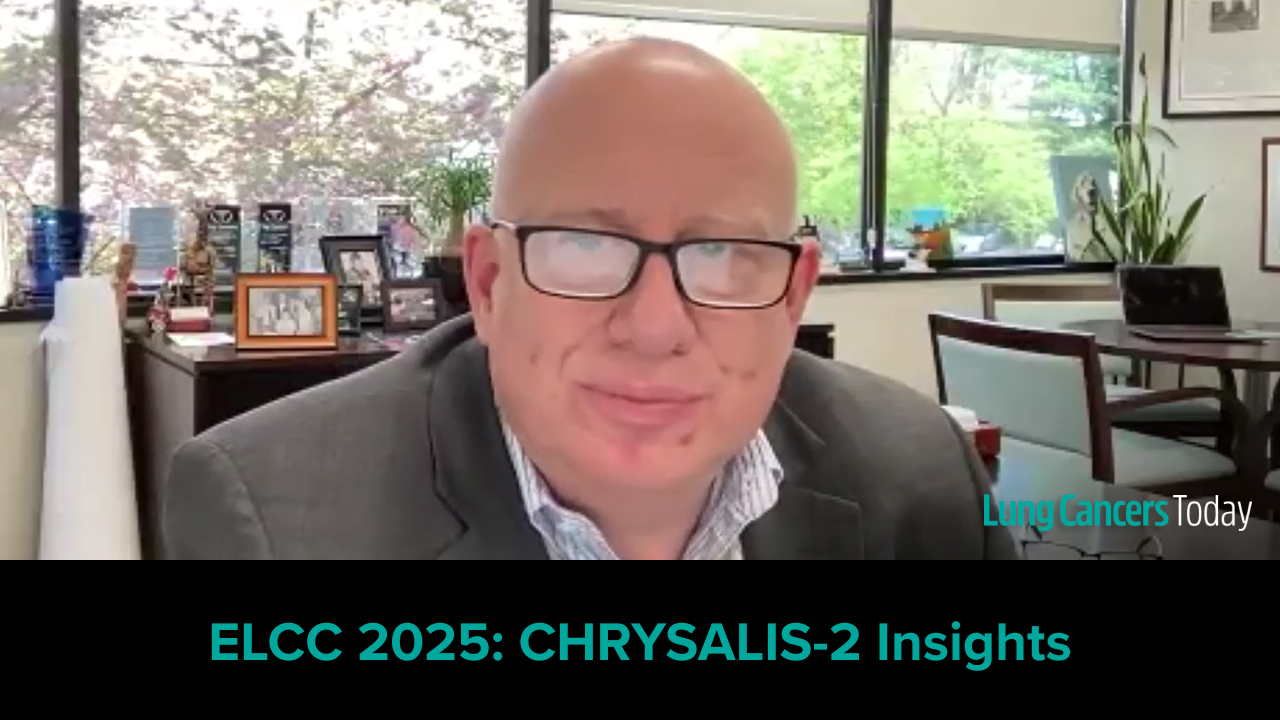

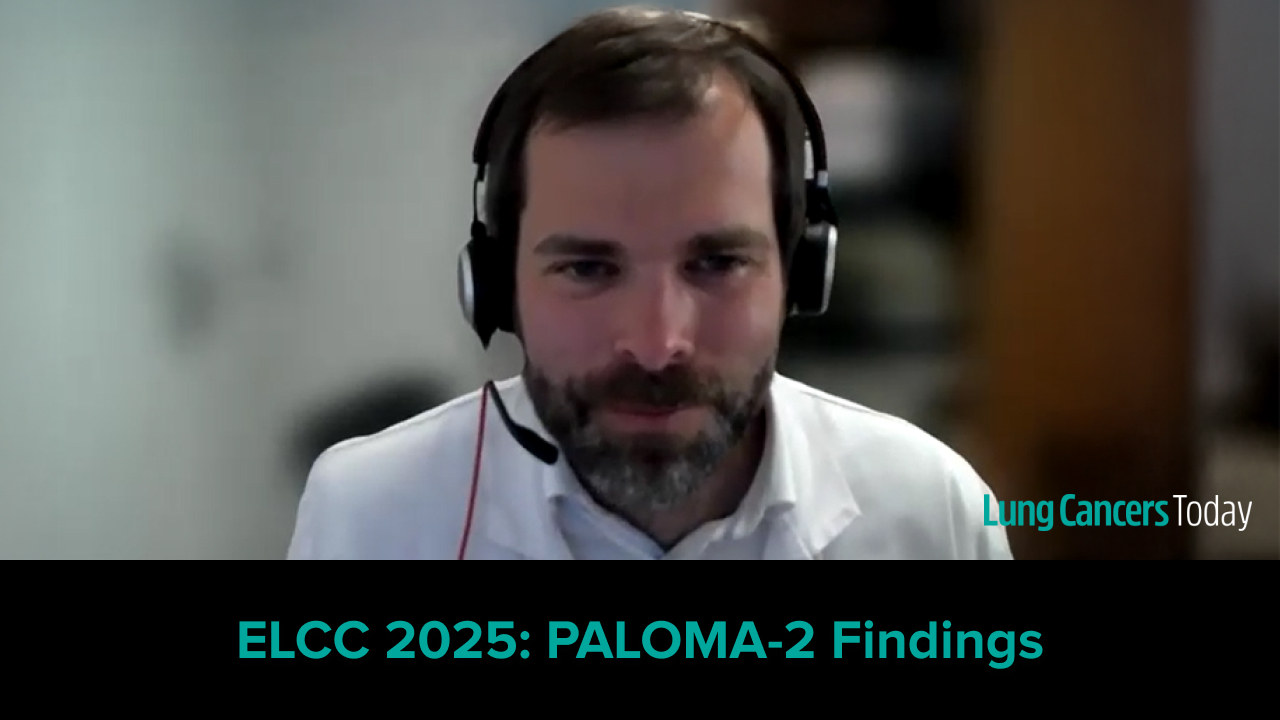
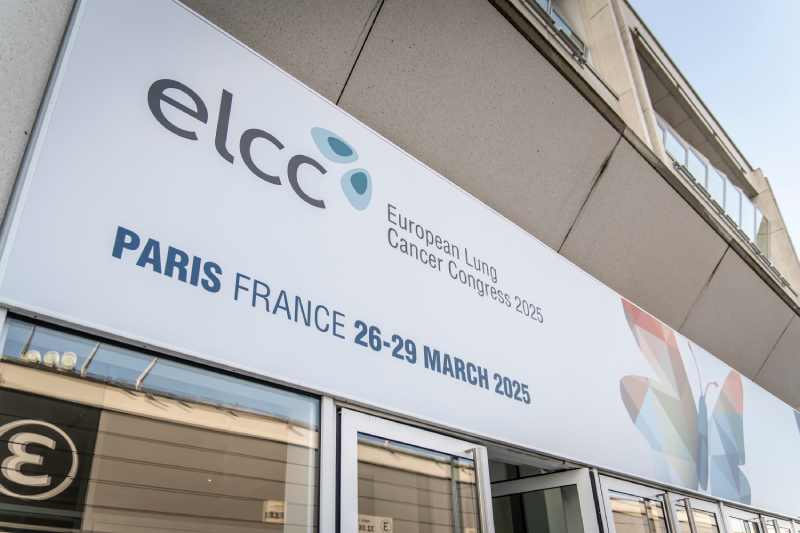






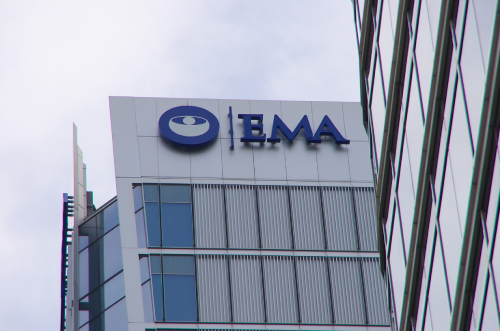


 © 2025 Mashup Media, LLC, a Formedics Property. All Rights Reserved.
© 2025 Mashup Media, LLC, a Formedics Property. All Rights Reserved.